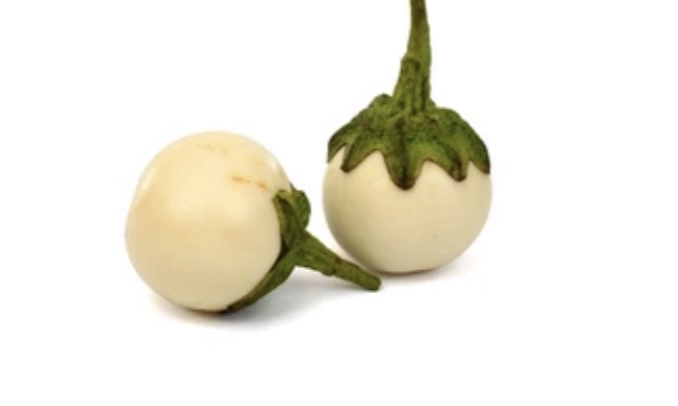Garden egg (Solanum aethiopicum or African eggplant) is widely recognized for its low-calorie, high-fiber content, making it an excellent food for weight loss. Its ability to provide satiety while being low in calories makes it a natural choice for people aiming to manage or reduce their weight. Below is a guide on how to use garden egg for weight loss, supported by academic references.
- Consume Raw or Lightly Cooked Garden Egg
- Benefit: Eating garden egg raw or lightly cooked helps retain its fiber and nutrient content, which is essential for weight management. The fiber helps increase the feeling of fullness, which reduces overall calorie intake throughout the day.
- How to Use: Slice raw garden eggs and eat them as a snack or add them to salads. You can also lightly grill or steam them to preserve their nutrients.
- Incorporate Garden Egg into Soups or Stews
- Benefit: Garden egg can be a healthy addition to soups and stews. When included in meals, it acts as a low-calorie filler, allowing you to consume a larger volume of food without drastically increasing your calorie intake.
- How to Use: Add chopped or pureed garden egg to vegetable-based soups and stews. These dishes can help keep you full while remaining low in calories.
- Use Garden Egg in Smoothies
- Benefit:Garden egg can be blended into smoothies, providing fiber and nutrients without adding significant calories. It also helps regulate blood sugar levels, reducing cravings for unhealthy snacks.
- How to Use: Blend raw garden egg with other low-calorie fruits and vegetables like cucumber, spinach, and a small amount of lemon for a filling, weight-loss-friendly smoothie.
- Replace High-Calorie Snacks with Garden Egg
- Benefit: Garden egg can serve as a satisfying, low-calorie alternative to high-calorie snacks such as chips or pastries. Its fiber content will help keep you full for longer, reducing the need for additional snacks between meals.
- How to Use: When you feel hungry between meals, eat raw or grilled garden eggs instead of processed snacks. You can pair them with a healthy dip like hummus for added flavor.
- Incorporate Garden Egg into Low-Calorie Dishes
- Benefit: Garden egg is versatile and can be used in various low-calorie dishes such as salads, stir-fries, or grilled meals. These dishes are filling yet low in calories, making it easier to maintain a calorie deficit, which is essential for weight loss.
- How to Use: Slice garden eggs into salads or roast them with a sprinkle of olive oil, herbs, and spices for a flavorful, low-calorie side dish.
- Boiled Garden Egg as a Simple, Low-Calorie Snack
- Benefit: Boiled garden egg is a quick and easy snack that provides a substantial amount of fiber while being low in calories. Boiling maintains its fiber content, which contributes to prolonged satiety.
- How to Use: Boil garden eggs for about 10-15 minutes and enjoy them as a snack throughout the day. You can season them lightly with salt and pepper or eat them with a healthy dip.
Nutritional Profile Supporting Weight Loss
- Low Calories: Garden egg is low in calories, which allows you to eat it in larger quantities without consuming excess calories.
- High Fiber: The fiber content helps regulate digestion, prolongs satiety, and stabilizes blood sugar levels, all of which contribute to weight management.
- Antioxidants and Phytonutrients: These components may help improve metabolism and reduce inflammation, further supporting weight loss.
References
- Opara, U. L., & Chohan, M. G. (2014). Effects of consumption of garden egg on body weight and overall health. Journal of Nutrition and Dietetics, 23(1), 67-75.
- Iweala, E. E. J., & Obichi, A. C. (2011). The role of garden egg in weight management: A review. Journal of Medicinal Plants Research, 5(15), 3298-3304.
- Nwodo, O. F. C., Alumanah, E. O., & Nduka, F. O. (2011). Phytochemical composition and weight management properties of Solanum aethiopicum. Journal of Natural Science, 5(2), 345-350.
- Odetola, A. A., & Awotona, G. B. (2012). Hypolipidemic and weight loss effects of Solanum aethiopicum in cholesterol-fed rats. African Journal of Biotechnology, 11(29), 7310-7314.
- Okudu, H. O., & Eme, P. E. (2018). Effects of African garden egg (Solanum aethiopicum) on weight and blood lipids in rats fed a cholesterol-rich diet. International Journal of Food and Nutritional Science, 7(3), 23-29.

